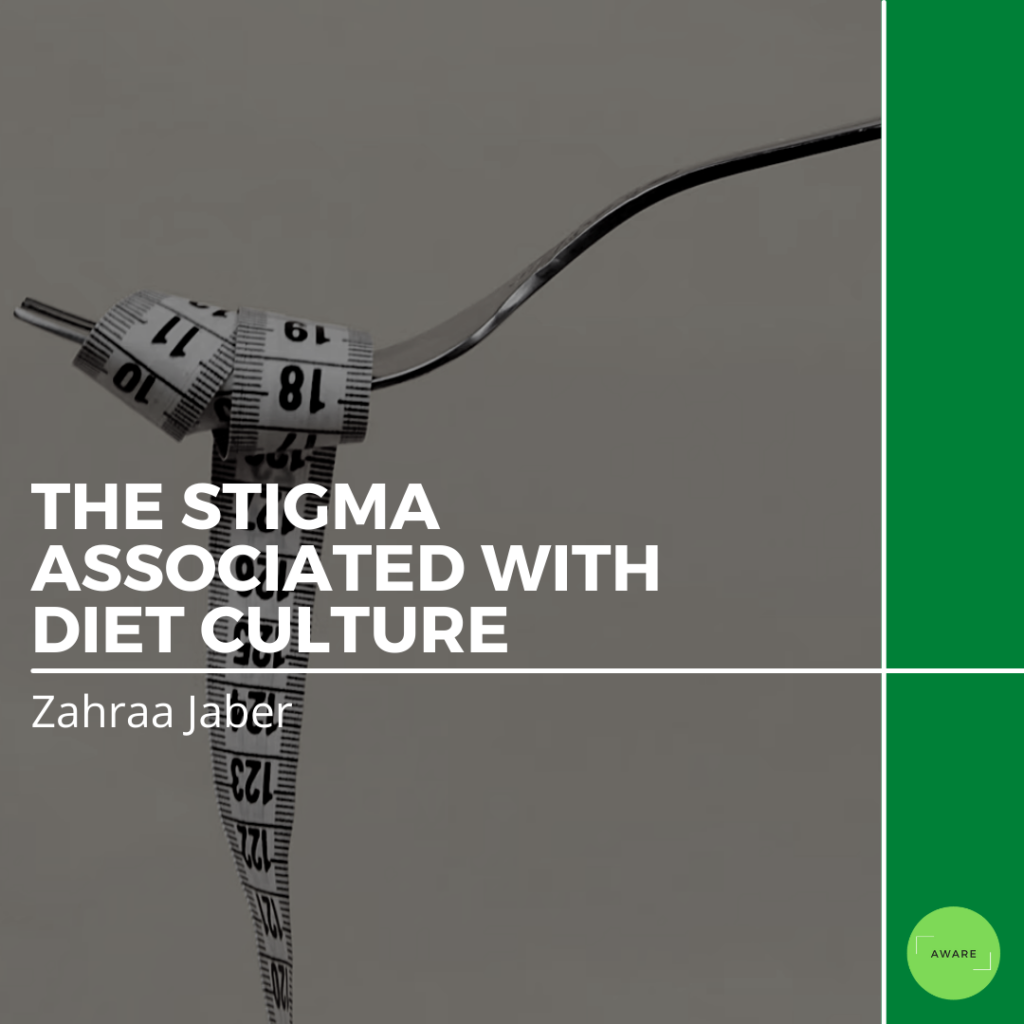In our society today, we are flooded with the thought that thinness equals health, either spoken right out loud or through subtler ways. The idea that weight is synonymous with health can actually lead to bias and stigmatization that can be quite harmful.
What is Diet Culture?
Diet culture refers to a rigid set of expectations about valuing thinness and attractiveness over physical health and emotional wellbeing. Diet culture often emphasizes “good” versus “bad” foods, focuses on calorie restriction, and normalizes self-deprecating talk. Diet culture is toxic, and it can be a risk factor for body dysmorphia, disordered eating, and other mental health issues.
What is Weight Stigma?
Weight stigma generally refers to social disapproval of people who are overweight or who are affected by obesity. The World Obesity Federation defines weight stigma as discriminatory acts targeted toward people due to their weight and size. It is an outcome of weight bias, which is negative opinions and ideologies associated with weight. The assumption that larger individuals are lazy or lacking in willpower is pervasive in our society. Weight bias can begin at an early age and has been observed in children as young as 3 to 5 years old. This, of course, can lead to children developing body image issues that can carry into adulthood.
The Effect of Weight Stigma and Diet Culture on Mental Health
The stigma created by diet culture is one that severely impacts a mental health. Diet culture can trigger enormous feelings of shame, guilt, embarrassment, and fear. At the same time, it can put weight loss and diets on a massive pedestal. As a result, you may assume that you are “failing” if you cannot adhere to such rigid standards. Diet culture can negatively impact your mental health by –
- Fueling anxious thoughts, such as obsessing about what you should or should not eat, planning your following meals, ruminating over “mistakes” you made with eating, etc.
- Increasing feelings of guilt and shame.
- Discouraging you from taking important risks or trying new activities because you do not feel like you have the “right appearance” for it.
- Engaging in dangerous solutions like drugs, alcohol, laxatives, purging, or overexercising to compensate for eating.
- Distracting you from work, school, or other responsibilities.
Diet culture represents an ongoing problem in modern society, and it does not appear to be going away any time soon. Unfortunately, participating in diet culture may exacerbate feelings of depression, anxiety, and shame. By rejecting the status quo and choosing to love yourself and your body, you can harness a greater sense of fulfillment. Additionally, if you are struggling, talking to a therapist or reaching out to a trusted loved one can make a profound difference.
